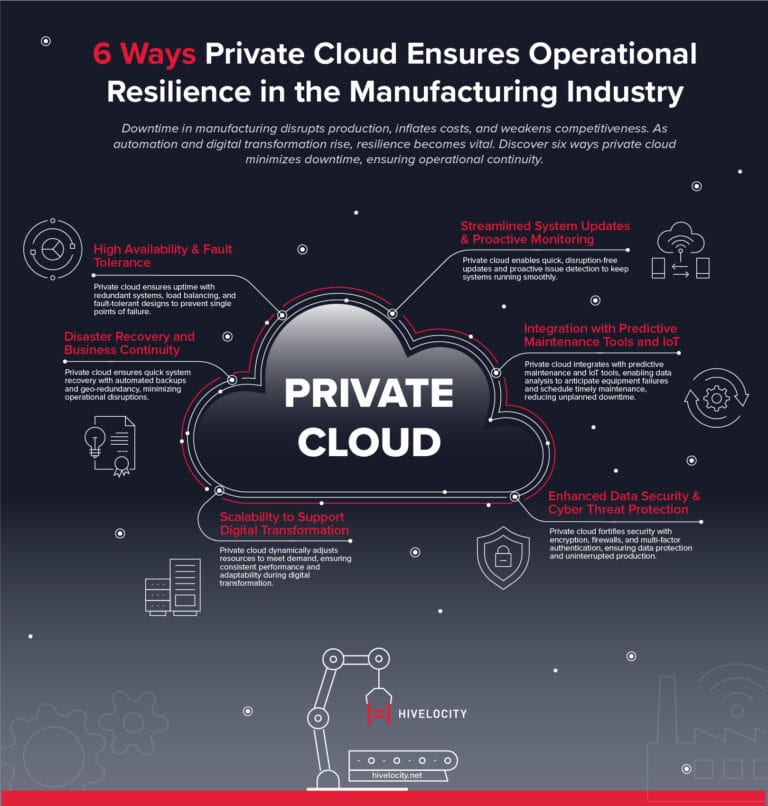
For years colocation vs. cloud seemed like an obvious battle. Today, utilizing hybrid cloud and colocation together can provide you with a complete package that suits your infrastructure needs. With the security and control of a dedicated on-premises infrastructure or private cloud and with the flexibility and scalability of the public cloud — hybrid cloud provides the best of both worlds.
Today more than ever, businesses require a dynamic infrastructure with access to every service. Most businesses choose a mix of infrastructure hosting solutions that may include integrated public cloud, on-premises data centers, and colocation deployments — also known as the hybrid cloud. To benefit from the best of all worlds, it’s critical to know why colocation continues to play a central role in hybrid cloud platforms.
What is Hybrid Cloud Computing
Hybrid cloud is a type of cloud computing that combines the public cloud and private cloud which work together to provide a flexible mix of cloud computing services. This makes it easier to manage resources across the cloud infrastructure. Hybrid cloud enables businesses to gain public cloud benefits while maintaining their private cloud for sensitive, mission-critical computing services.
Benefits and Challenges of Going Hybrid
Control is one of the primary benefits of a hybrid cloud solution. Rather than entrusting all data and infrastructure to a third-party provider, you can keep all applications and data behind the company firewall and utilize newer technologies from the public cloud for workload deployment. A hybrid approach gives businesses the flexibility to build a solution that meets their current needs.
While the hybrid cloud provides many benefits, there are some challenges. Not all applications work in the cloud. This is driving the increase in colocation adoptions.
The Role of Colocation
Even with the increasing popularity of the cloud, businesses are making colocation an integral part of their IT infrastructure. Colocation allows businesses to deploy custom-owned infrastructure, over which they have complete control, into a data center without the expense of building and managing a data center in-house..
Hybrid Cloud and Colocation
Both colocation and the cloud can be deployed together as part of a hybrid cloud solution. Colocation can help businesses realize the many benefits of hybrid cloud, as it provides the best environment to ensure high-quality connectivity between on-premises infrastructure and private and public clouds. The security of colocation, combined with the flexibility and on-demand nature of the cloud, allows businesses to be more responsive to changing business needs.
The value of colocation is that it offers a flexible environment where you can build your solution to suit your financial and disaster recovery needs. Colocation allows you to take advantage of various carriers that a colocation provider offers. In addition to space and power, many colocation providers offer a variety of managed services. Also, many colocation providers offer cloud connectivity solutions that allow businesses to connect to the cloud. Additionally, you’ll retain a significant amount of control over the hardware that stores your data.
You Need an Expert. Not Just a Provider
Combining Hivelocity’s colocation and hosting solutions delivers an unparalleled mix of benefits. The security and isolation you get from colocation, combined with the flexibility and performance of the cloud, allows you to be more responsive to business changes while utilizing any existing hardware you may already own. Hivelocity’s hybrid services allow you to incorporate equipment you own, hosted solutions, and elastic components to create the best fitting environment for your needs.
Which Hybrid Cloud Model is Right for You?
Let experts do the work for you and help you create the best infrastructure for your business. Contact us today to learn more about our hybrid cloud solutions.


